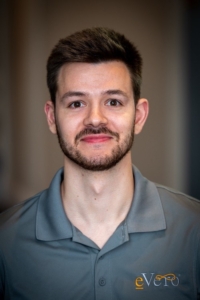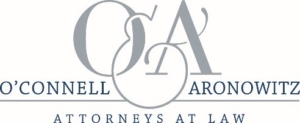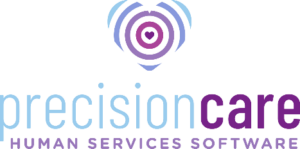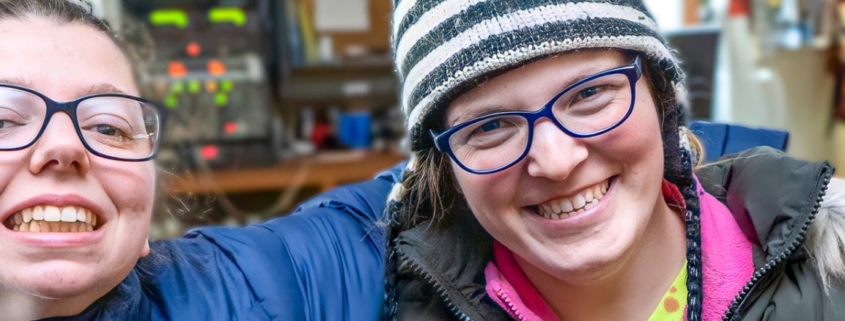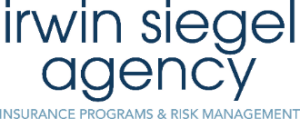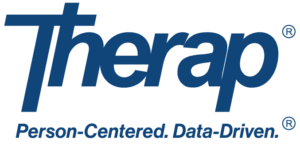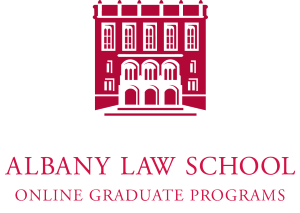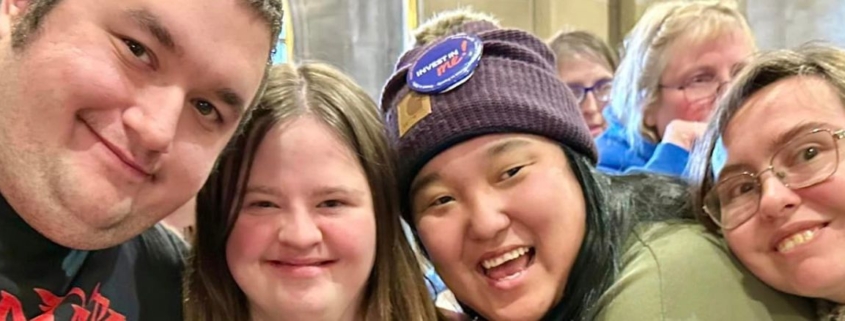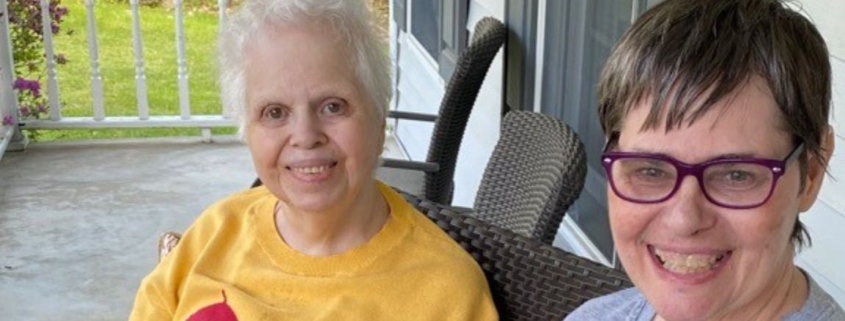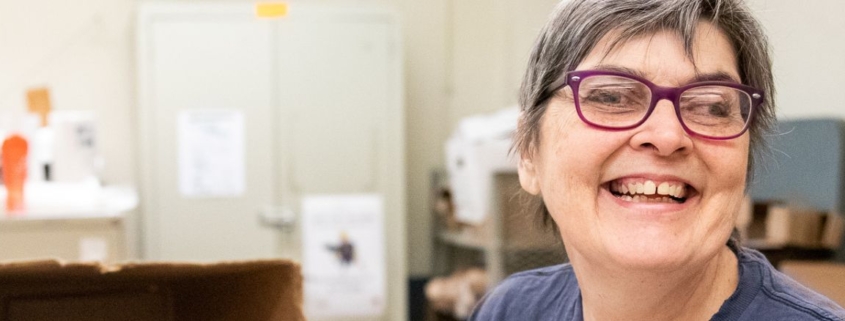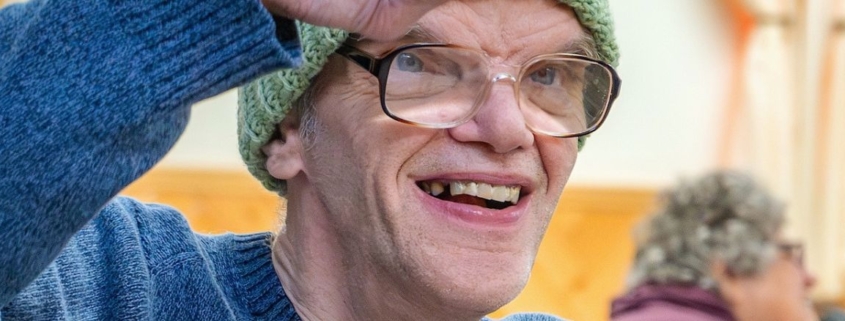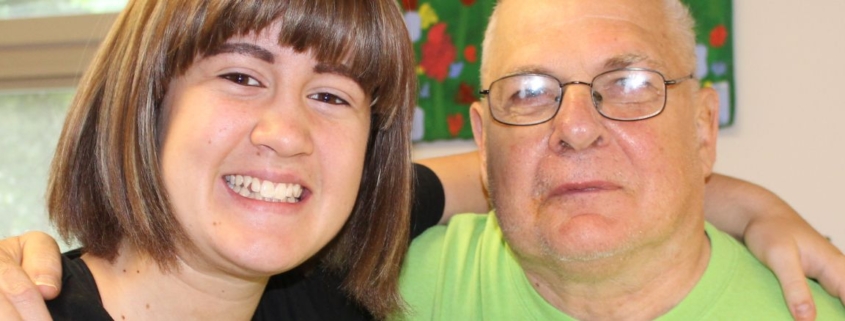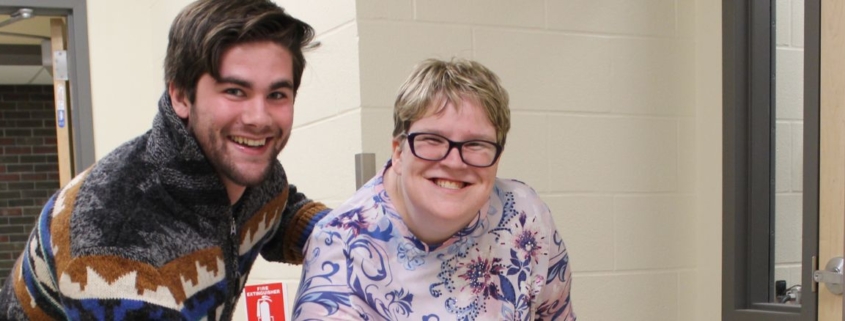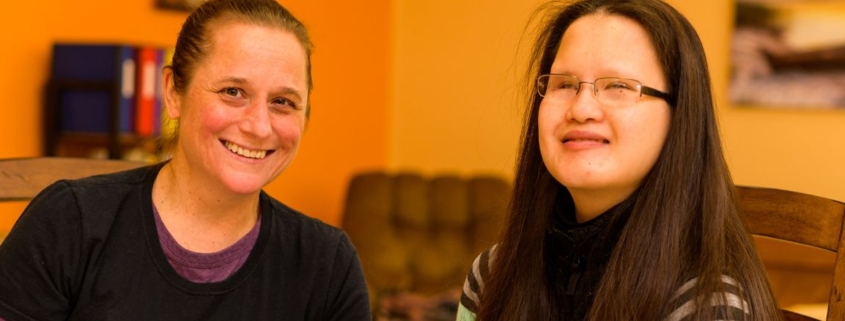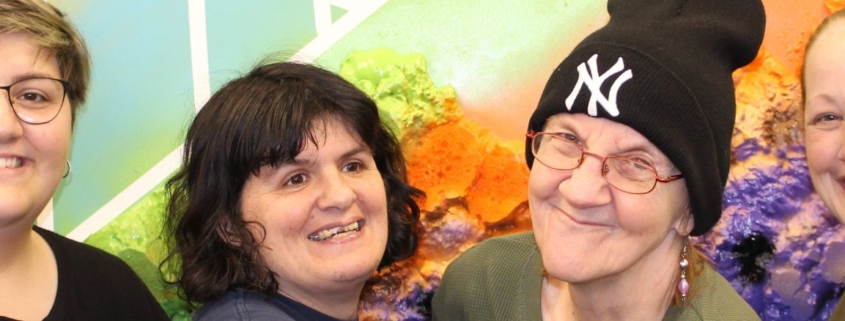The provision of services and supports for individuals with intellectual and developmental disabilities (I/DD) who have been convicted of a sexual offense is a complex issue. Solutions must balance the rights and safety and security of the individual, other individuals receiving support and the community-at-large.
Every individual with I/DD is, first and foremost, a citizen who is entitled to all of the fundamental rights, both explicit and implied, that are guaranteed to and enjoyed by all individuals under federal and state constitutions, laws and regulations. This is true when a person with an intellectual and developmental disability is a convicted sexual offender as well.
One of the goals of working with an individual with I/DD who has been convicted of a sexual offense should be the provision of supervision, professional treatment and supports necessary to reduce the risk of future sexual offenses. Comprehensive evaluations must be conducted on an individual basis to ensure appropriate linkages to services with agencies that have the requisite capacity and experience.
It is the Position of TheArc New York that:
- Individuals with I/DD should be free from discrimination and have the right to receive fair and equal treatment under state and federal laws and regulations in the criminal justice system. Fair treatment requires consideration of all aspects of the individual and his or her circumstances including the presence of intellectual and developmental disabilities. It is essential that defense lawyers, prosecutors, judges, court personnel, forensic evaluators, law enforcement personnel, victim assistance organizations and criminal justice policymakers be aware of the needs of an individual with I/DD and how that disability may affect the behavior of the individual in order to ensure fair treatment.
- With available and appropriate supervision, supports, accommodations, treatment and education, individuals with I/DD, including those who have been convicted of committing sexual offenses, should be better able to lead lives as contributing members of their communities. In addition, supervision of these appropriate supports and services helps ensure the safety and wellbeing of other individuals, including those with I/DD.
- Individuals with I/DD who have been convicted of committing sexual offenses require supervision and treatment that focuses on addressing mental health, developmental and behavioral issues.
- Not every organization that provides supports and services to people with I/DD has the expertise and resources necessary to safely and effectively support individuals who have been convicted of committing a sexual offense. Similarly, not every organization is equipped to protect the safety of other individuals receiving support, as well as the general public, if asked to serve a person who may have been convicted of committing a sexual offense.
- An organization must have the opportunity to assess the individual with I/DD who has been convicted of committing a sexual offense to determine whether this individual can be supported safely and effectively in an environment with other vulnerable individuals. No organizations should be pressured to support or penalized for refusing to support a person who has been convicted of committing a sexual offense when the organization feels it cannot reasonably and responsibly support such a person.
- When an organization is able and willing to provide services to a person who has been convicted of committing a sexual offense, the following guidelines must apply:
- Each individual with I/DD who has been convicted of a sexual offense must be assessed on an individual basis to develop a comprehensive individualized plan.
- Individuals, including individuals who have been convicted of committing a sexual offense, should be provided with services and supports that relate to and, where possible, support an increase in their capacity and ability to express themselves sexually in a way that is respectful of self and others; receive appropriate sex education; provided with assistance in overcoming difficulties in processing the concepts of consent; support and assist with exercising healthy expressions of sexuality; and receive education and counseling to assist in understanding the nature and consequences of their actions.
- A Risk Assessment Plan (RAP) must be created and regularly reviewed for each individual which provides a framework for all of the supports, services and expected duration of services provided by professional and para-professional staff.
- The RAP must be designed to increase the individual’s responsibility and skill and behavioral acquisition while providing for the safety and well-being of the individual and others served.
- Organizations which are capable and willing to serve individuals with I/DD who have been convicted of committing a sexual offense must ensure that all staff have the proper initial and ongoing training and competence to work effectively and implement the goals and objectives of the RAP.
- Organizations must be provided with the appropriate financial resources to support the higher needs generally associated with providing services to individuals who have been convicted of committing a sexual offense.
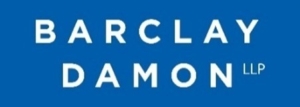 MELISSA ZAMBRI, Partner
MELISSA ZAMBRI, Partner

